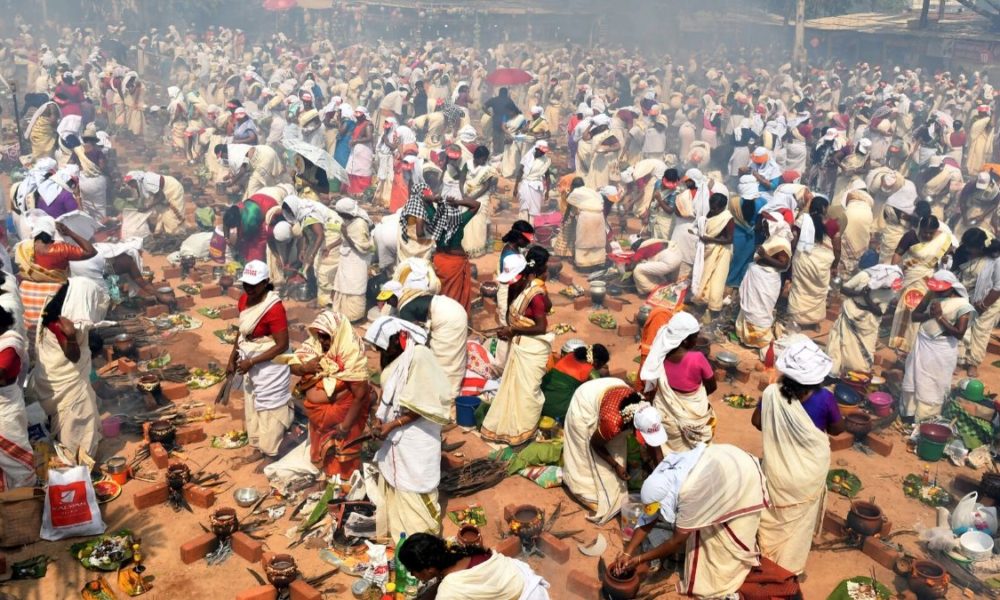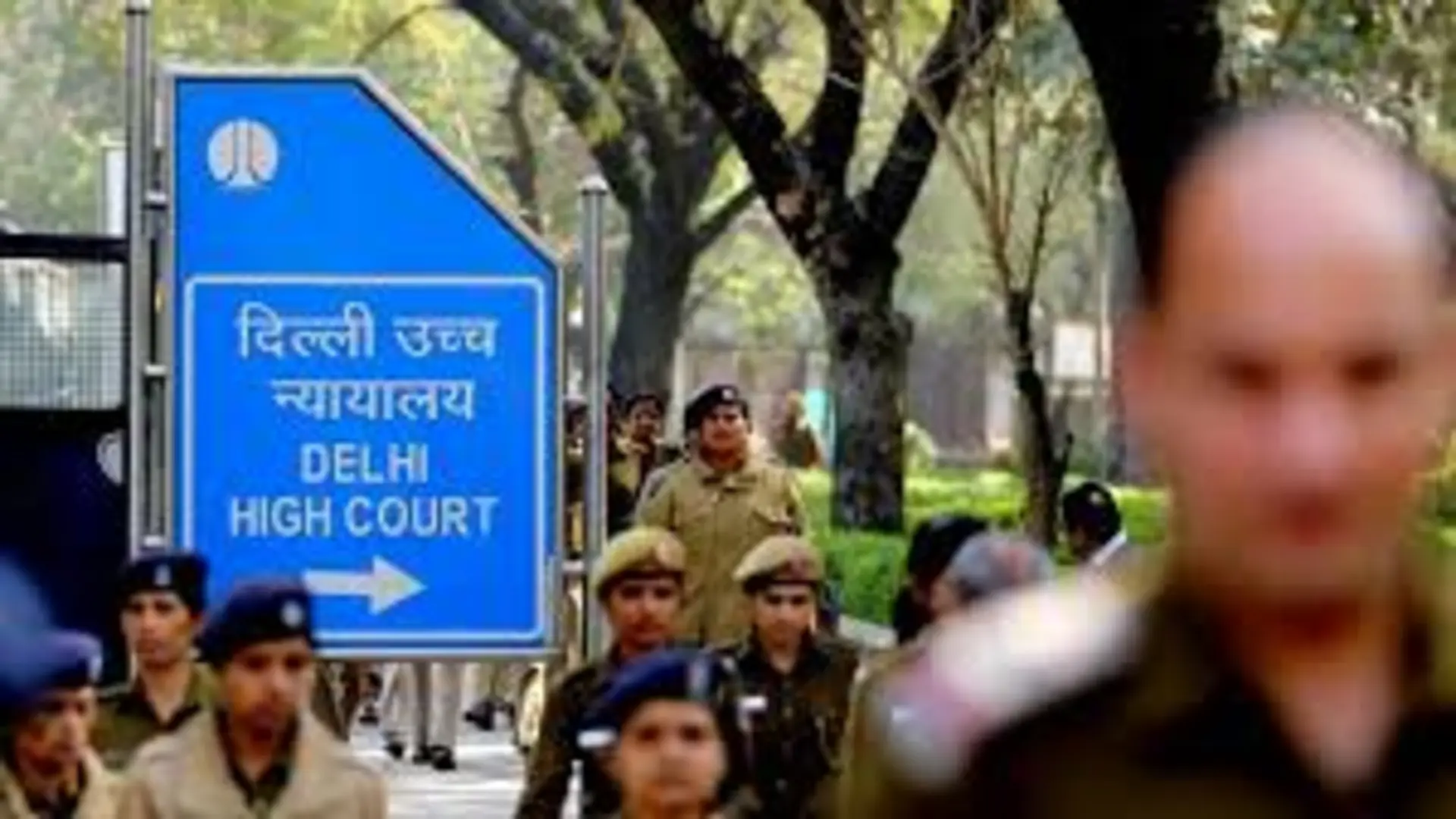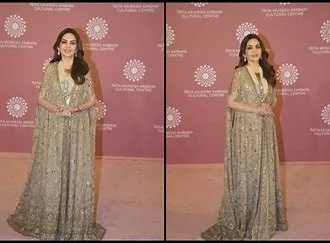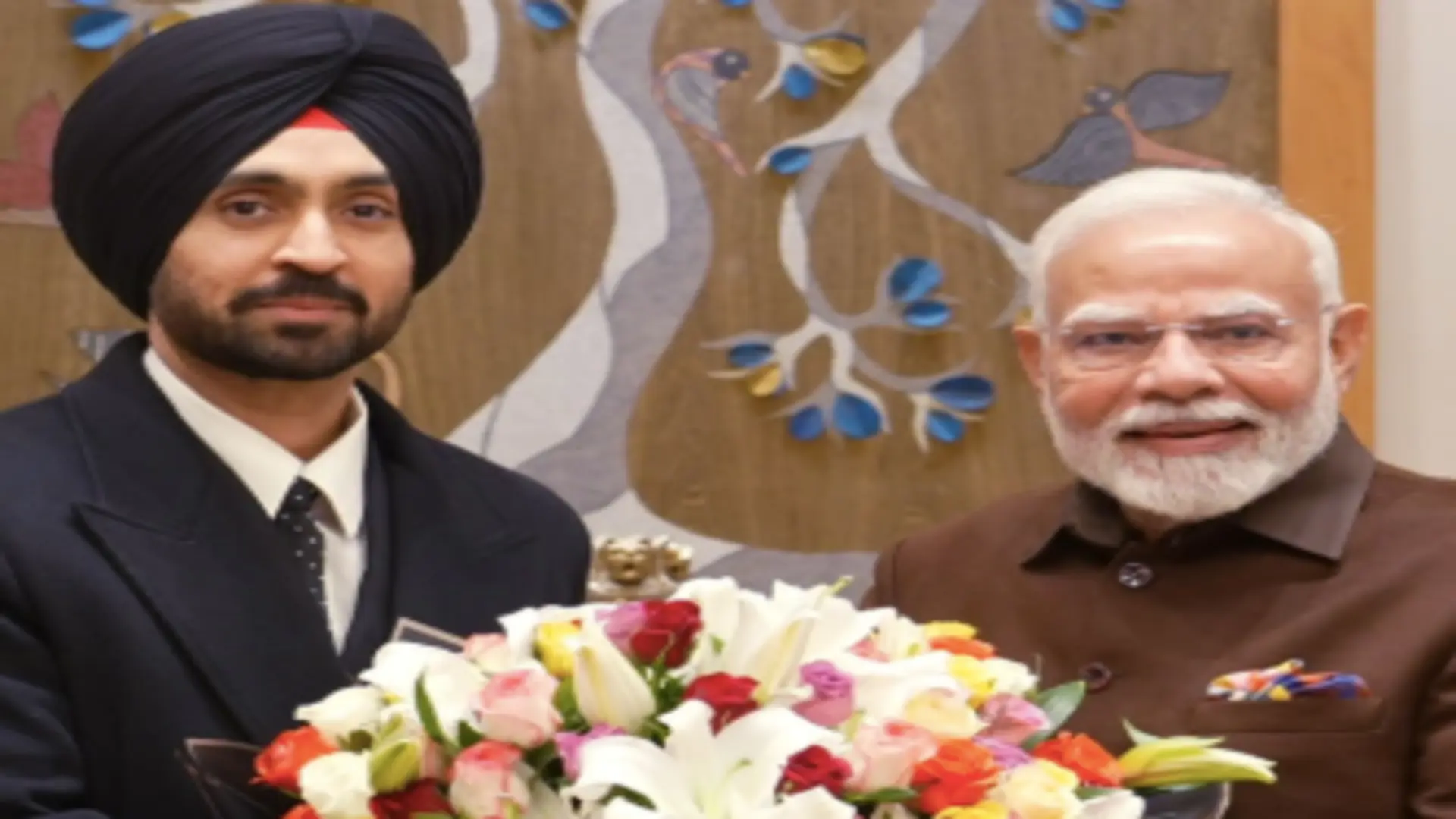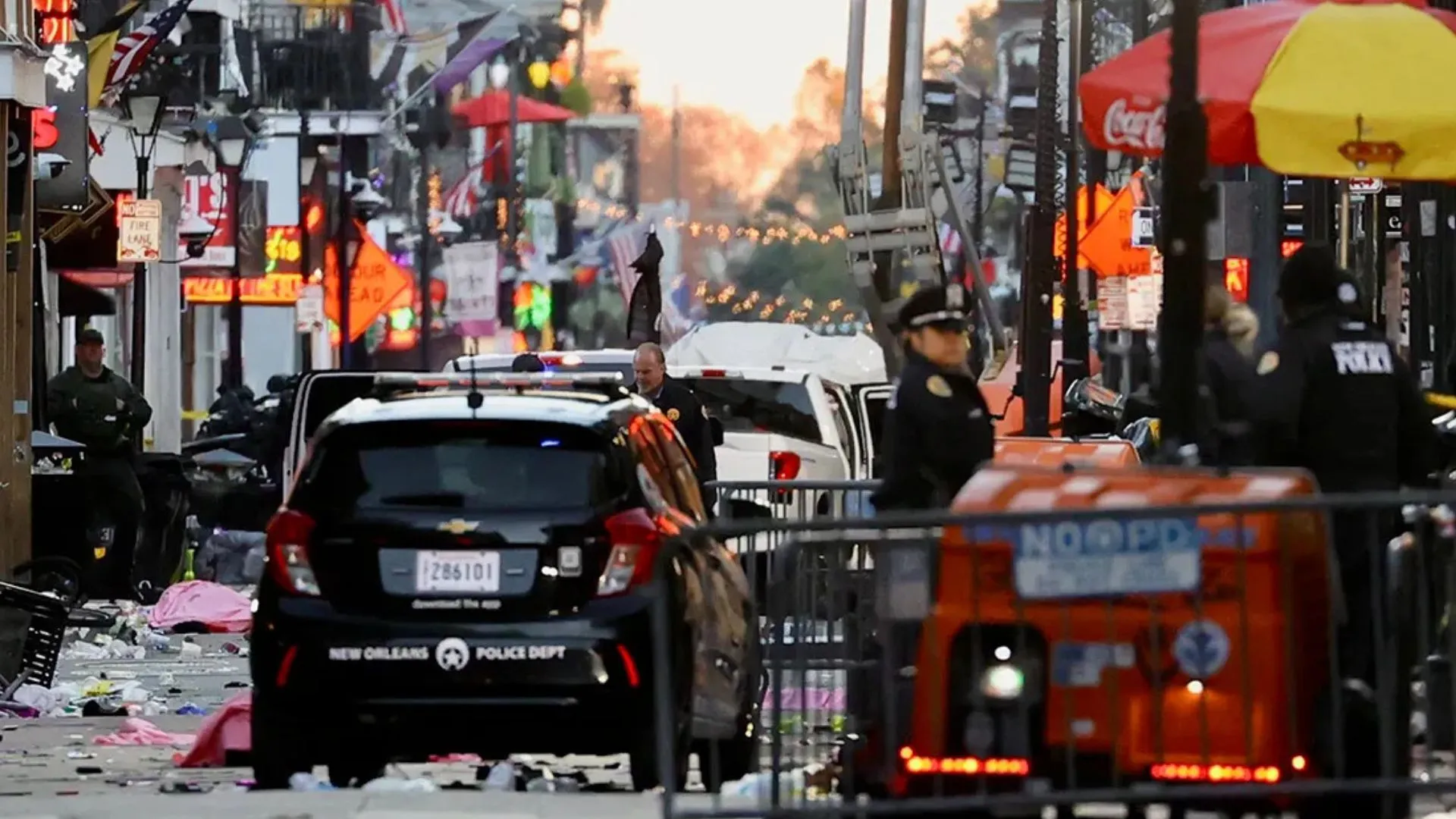Be it an individual or a people, neither must cede or surrender to an external entity the inherent and hence fundamental right to self-definition or self-determination. To give up this most intimate form of agency is to externalise the locus of one’s consciousness and its most tangible product–a crystallised identity.
This alienation then takes a life of its own and is extremely difficult to reverse and reclaim. However, no matter how arduous the process of reclamation, no self-respecting society has the option of lacking or losing the will to take back the right to define the self. What would be worse, is for the society to believe that it is better off living in the yawning shadow of a contemptuously overwritten version of its self by another.
This is because it would signify a complete and utter failure to not only understand the value of the right, but also everything else of value that emanates from it. As stated in the last piece, in the context of post-colonial societies, decoloniality, as distinguished from the overt act of decolonisation, represents a subtler phenomenon, a framework and a tool, all at once.
Broadly speaking, its purpose, or perhaps its effect, is to instil confidence in the indigenous society to reclaim its right to chisel all aspects of its being on its own terms, by drawing from ideas, constructs, definitions and lexicon which are primarily and predominantly indigenous. Clearly, decoloniality is extremely contextual and, therefore, what triggers it and why, what drives it, how it expresses itself and what its objectives are, vary from society to society.
To be clear, decoloniality, if personified, is not a perpetually outraged rebel without a cause on an academic campus who looks for the next atrocity literature to feed off, to use it as an excuse to account for and to make up for his or her lack of positive contribution to the society. Neither is decoloniality the blind rejection of everything that is not indigenous, nor is it a sophisticated façade to mask or encourage xenophobia.
Instead, it is expected to question the seemingly intransigent premise that a certain society needed the “civilising” touch of the coloniser to pull it out of the “abyss” of its “barbaric traditions” and recast itself in the “modern” mould of the coloniser. In short, the preconceived regressive notions associated with “tradition” (the indigenous society) and the progressive presumptions imputed to “modernity” (the coloniser) are challenged.
This, in turn, calls for an honest examination of the past and its continuing effects on the society with the object of restoring dignity to indigeneity through truth and reconciliation. At the national and global levels, decoloniality challenges the existing world order of nation states which, as explained in the last piece, is conveniently based on normalised Eurocentrism. The need for such a counter current was recognised at least over a decade ago even by the American Society of International Law (ASIL) as part of its cogitations on indigenous peoples and the role of the nation state.
It was recognised that the existing anti-colonial and anti-racism frameworks such as the Third World Approaches to International Law (TWAIL) and the Critical Race Theory (CRT) too mirrored the limitations of the nation state. This is because both frameworks “overlook or even actively suppress the significant political roles that traditional indigenous groups, such as the clan, village, or tribal community played in the nation-state prior to colonization.” It was further recognized by ASIL that “these limitations are the lingering result of the profound deculturalization and uncritical assimilation of Third World elites who simultaneously came to view their own sociopolitical institutions as incidental, backward, and even illegitimate”.
In stark contrast, the decoloniality framework not only overcomes these limitations, but precisely addresses them head on. The framework’s effectiveness in addressing the limitations of a Euro-normative nation state model can be gauged by applying it to post-colonial societies to understand their pre-colonial sociopolitical constructs and political institutions. As a sequitur, this exercise requires us to identify as to what constitutes “colonialism” and “colonisation” in the context of each such society so that a tentative idea of what qualifies as “pre-colonial” or “indigenous” is arrived at.
Simply stated, a cut-off period of sorts is needed to separate the pre-colonial period from the colonial. In order to do so, the definition of colonialism must necessarily be broad enough to include secular, non-secular, overt and subtle forms of colonialism, including settler colonialism, which is extremely relevant to the history of the Indian subcontinent just as it is for the Americas and parts of Africa. Also, “indigenous” may be broadly defined and understood as that which has originated in a certain geography and which has contributed predominantly to the culture of the geography so much so that the identity of that geography is synonymous with it.
In fact, what separates the coloniser from the native or the indigenous is their respective attitudes towards the geography or territory–the former perpetually sees the colonised territory as an object of conquest or a resource to be plundered, looks down upon its culture and actively works towards annihilating it, whereas the latter worships the territory as fatherland or motherland, which is the birthplace of her culture and the field of her destiny.
This spirit of veneration and attachment towards a territory is what lends a people a permanence of place, a territorial fixity, from which springs forth all other elements such as language, script, culture religion, traditions, laws and civilisation. Apart from these critical distinctions between the colonial and the indigenous, in examining the pre-colonial histories of post-colonial societies to understand their indigenous notions of political organisation, statehood and governance, Eurocentric or Western-centric notions of what constitutes “reliable” history and “evidence” of historicity cannot and must not be applied.
This would be keeping with the intent and spirit of decoloniality. In short, indigenous history must be viewed through indigenous epistemology and gleaned from indigenous sources which do not suffer from coloniality. As a corollary, the information and knowledge contained in them must not be dismissed as being “improbable”, “apocryphal”, “romantic”, “misty-eyed” or “eulogistic”, words which have been used way too often by colonisers to describe indigenous scholarly voices (“Indic voices”) from the Indian subcontinent.
One of the reasons for such a dismissive and patently racist approach of the colonisers was that the authoritative description of Bharat’s past by Indic voices was at loggerheads with the presumed barbarity, superstition, immorality and backwardness the colonisers associated with the natives, their culture, traditions and customs.
Accordingly, in the next piece, the author will examine the narrative presented by Indic voices in relation to the indigenous identity of Bharat and its fundamental unity as the basis of its statehood and contrast it with the treatment of such voices and indigenous epistemology by the colonisers as well as the colonialised native elite.
J. Sai Deepak is a practising Advocate before the Supreme Court of India and the High Court of Delhi.

